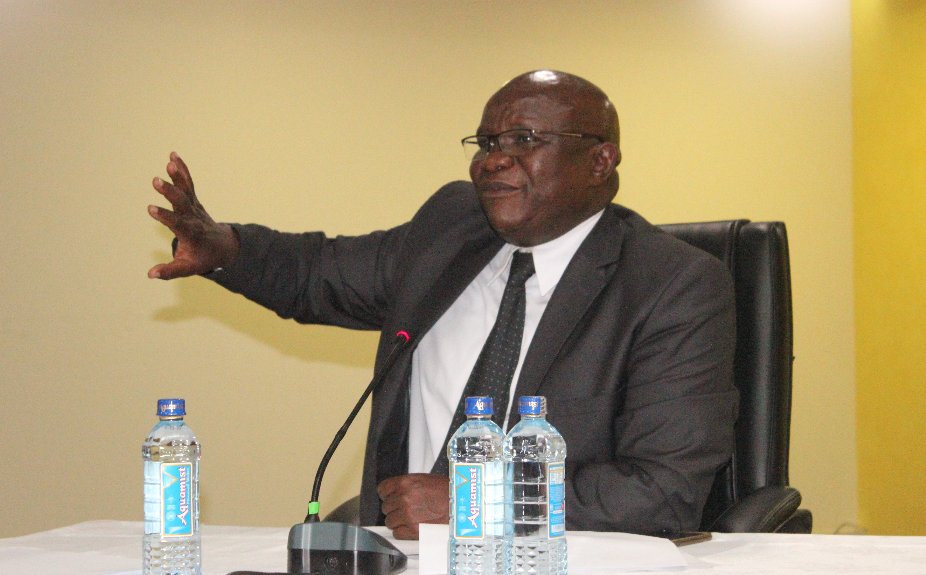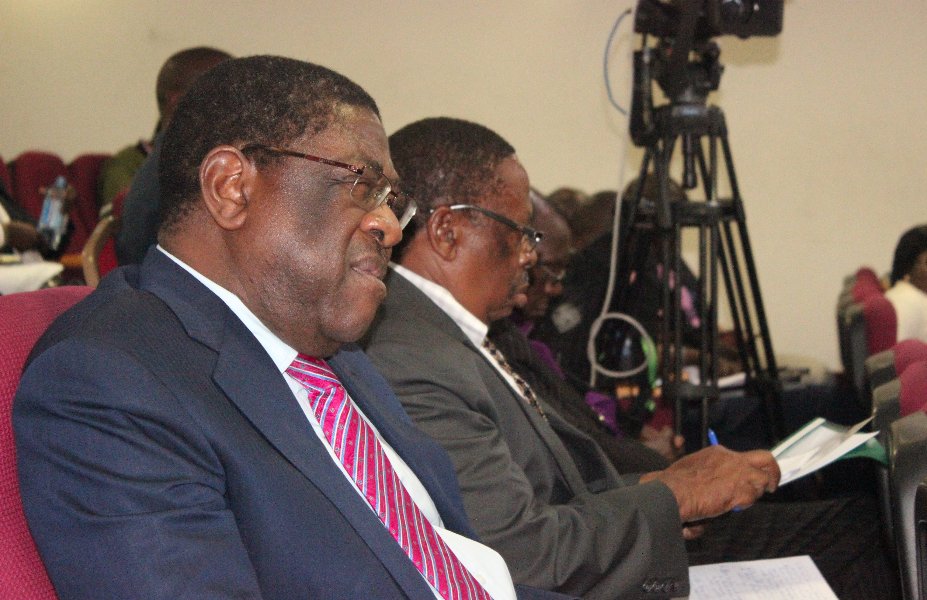We have a video series at the @WashingtonPost on “How to be a journalist” that explains some of these things. (End of thread) washingtonpost.com/video/other/ho…
Like this thread? Get email updates or save it to PDF!
Subscribe to Laura Helmuth
Get real-time email alerts when new unrolls are available from this author!
This content may be removed anytime!
Twitter may remove this content at anytime, convert it as a PDF, save and print for later use!
Try unrolling a thread yourself!

1) Follow Thread Reader App on Twitter so you can easily mention us!
2) Go to a Twitter thread (series of Tweets by the same owner) and mention us with a keyword "unroll"
@threadreaderapp unroll
You can practice here first or read more on our help page!








